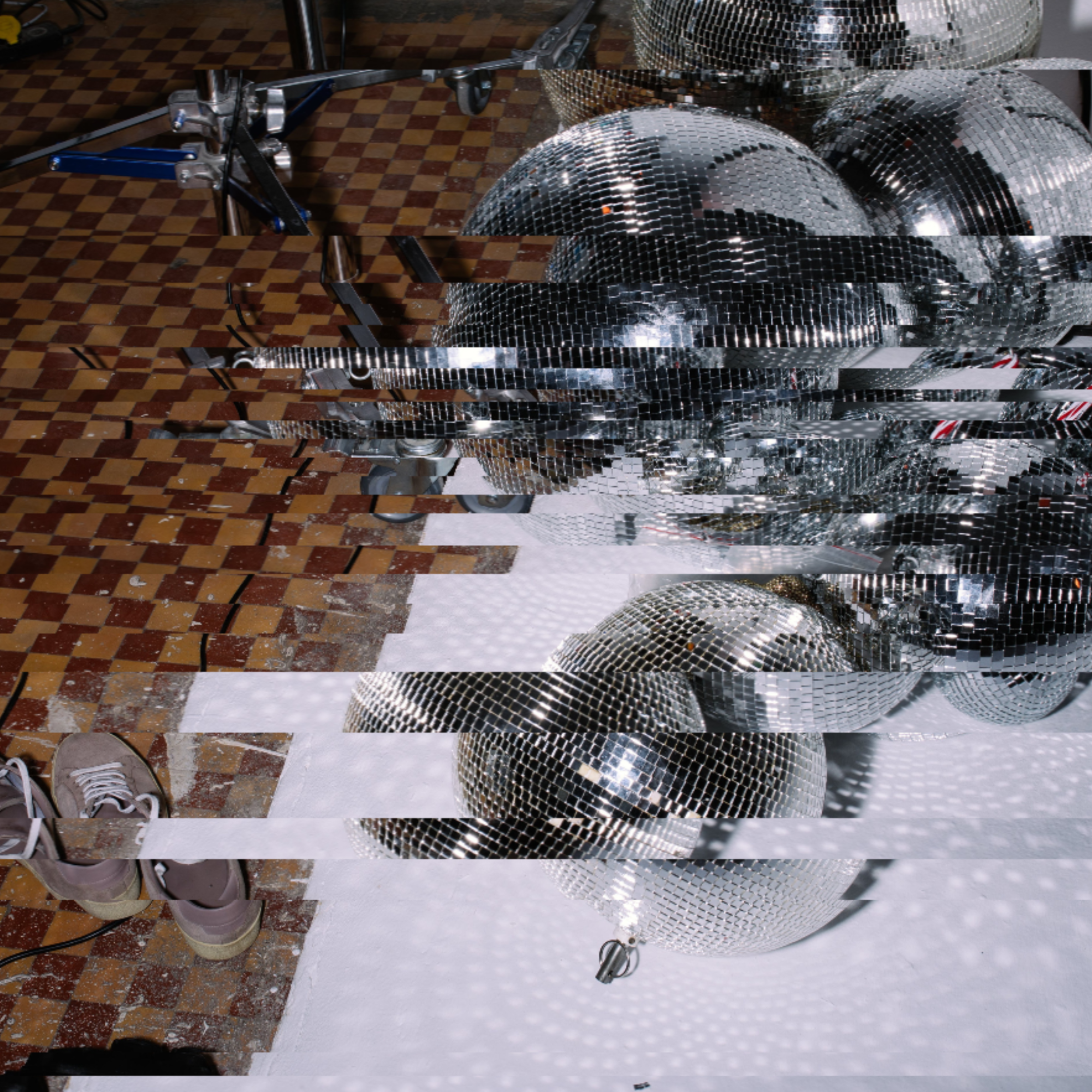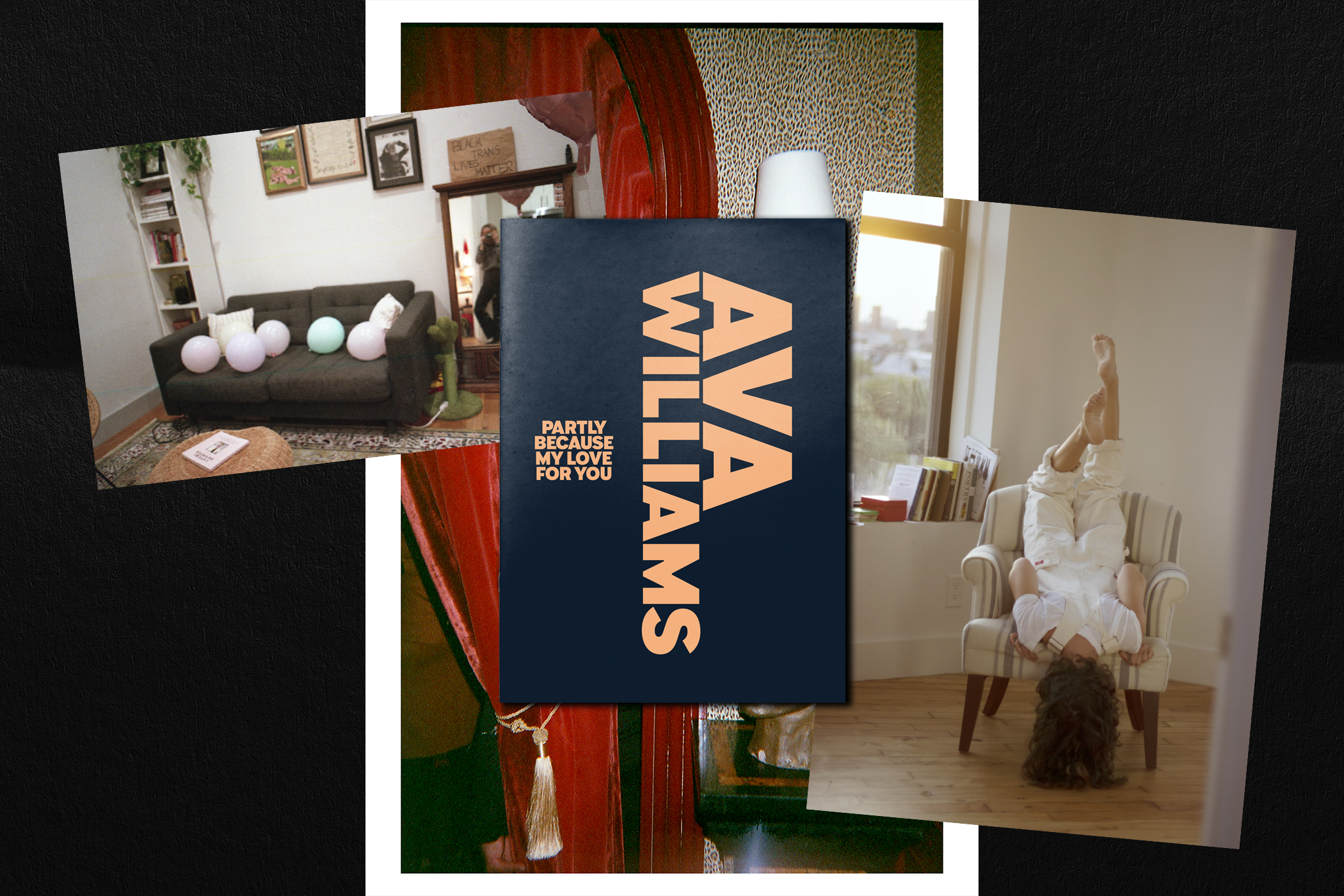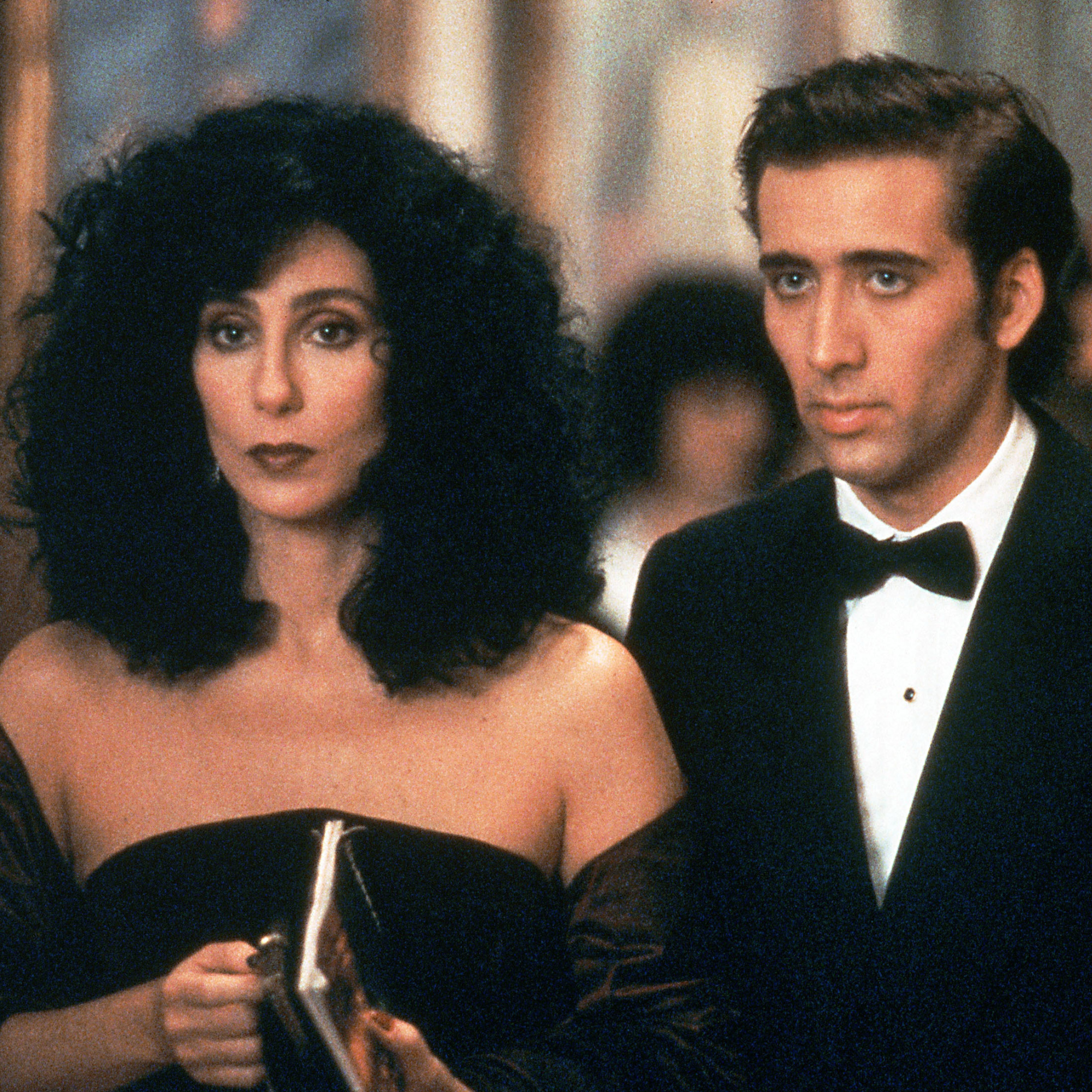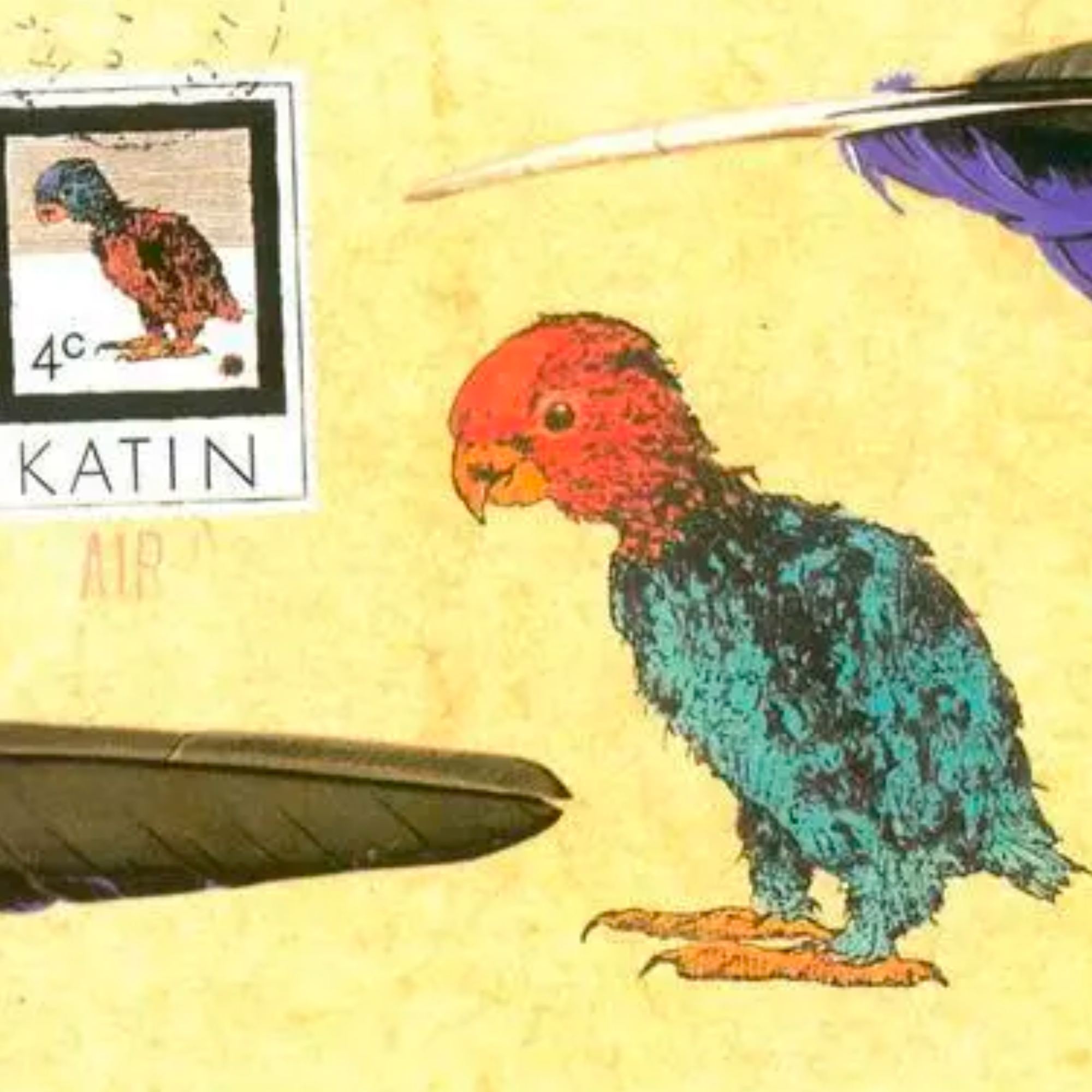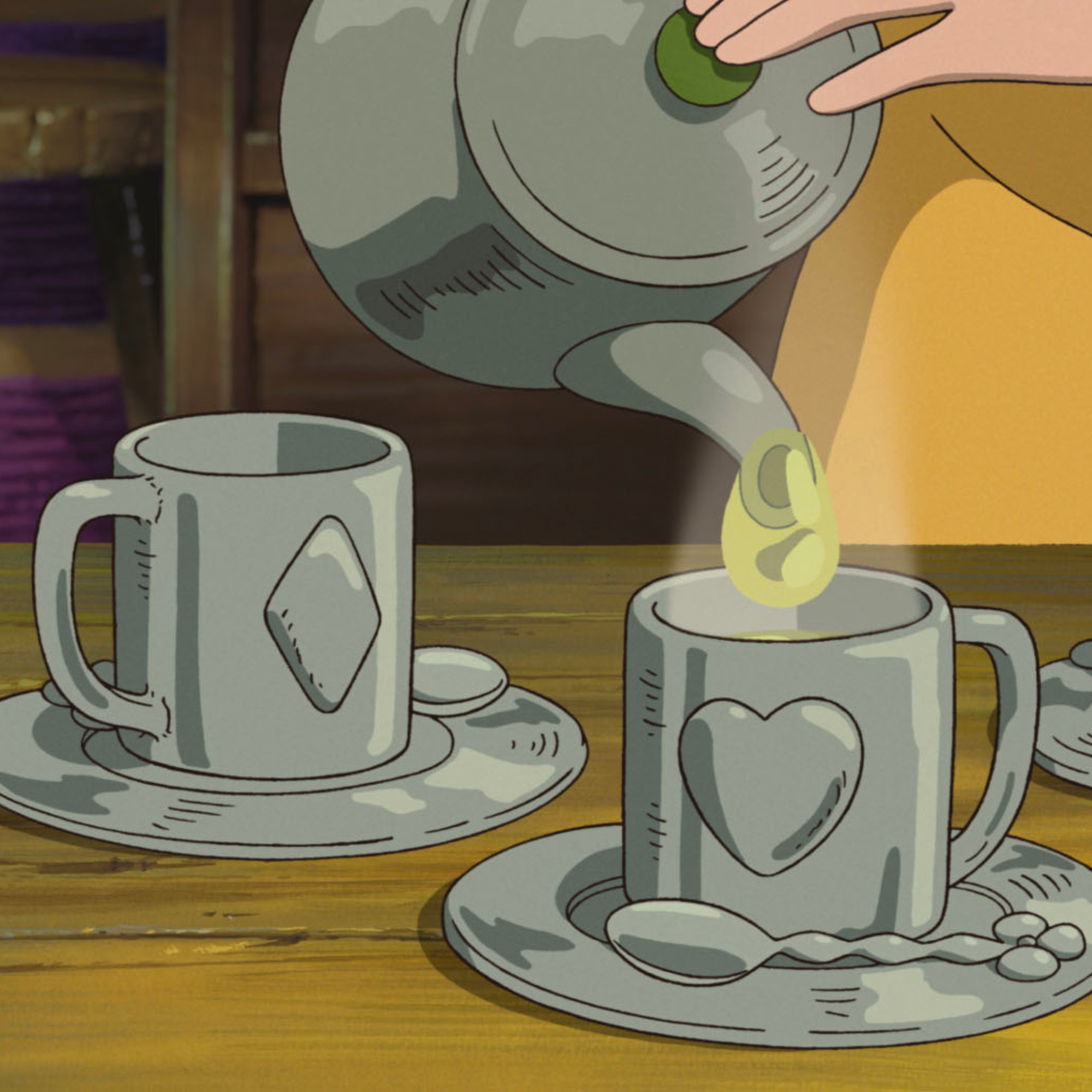- Magazine Dirt
- Posts
- The sound of your voice
The sound of your voice
A new, old friendship format.

Joann Plockova on a friendship sustained through voice notes.
Is it odd that my closest friend is someone I never see? I feel self-conscious admitting that. Like, I’m not good enough to have a relationship in real life. I mean, I do. But Sara is who I speak with most frequently (often daily, sometimes more than once a day), she is who I reach out to when I have something on my mind, or something I just care to share, be it funny, random, or related to something we’ve been talking about. She is my closest friend in terms of my openness to her, what I’m able to expose. Yet, our friendship is almost entirely voice note-based.
“It was one of the most horrible messages I have ever…” I say into the phone before my voice breaks. Sara was the first friend I reached out to when I received a devastating message about a book project I’d spent more than a year of my life working on. “And now I’m going to start crying again. It was one of the most horrible messages that I’ve ever gotten in my life.” I was walking through the long, narrow park on the hill just above a busy artery of Prague, minutes from where my apartment sits. I was returning home from a haircut I almost canceled. Scheduled to take place just an hour after receiving the message, I wasn’t sure I would be able to endure sitting in the chair. In the voice note you can hear the wind as I walk, the sound of voices, a car horn, traffic from the street below, the near breathlessness of my voice.
I was walking through the long, narrow park on the hill just above a busy artery of Prague, minutes from where my apartment sits.
I’ve never had a lot of close friends in my life. I’m the quality over quantity type. Someone who does better one-on-one than in groups. Someone who has only ever opened up to a handful of people.
This is friendship evolved. This is friendship self-actualized. This is the type of friendship I've been waiting for my whole life. Close, but far. One that allows me the distance I need to get close. A perfect platform to be myself.

My friendship with Sara started in real life. I’d known about her for years. She was a fellow American, Prague-based writer. I had seen her byline through the years. She was someone I knew of, but didn’t know. Because I’d never met her, she only existed as a name on paper, as a picture on the Web (her thick black hair, her tiny stature, her warm, wide smile conveying her positive, easy-going nature) where I’d looked her up. I was always curious about her. In that intuitive way you can’t put a finger on, but you sense there is something there. We wrote about some similar topics.
It was a mutual friend who introduced us. We all met for brunch one day. After that, I asked Sara if she’d like to meet to talk about writing. Our creative writing. We did. And then just a few times after that—at a café, a friend’s exhibition, briefly at a conference. A still recovering digital nomad, she was always off somewhere. And then, as she always did, she left the city in November for a long stay back in the US, followed by a few months in Argentina, where her then-boyfriend was from. It was 2019. They intended to return to Prague in the spring, as usual, but then the pandemic hit and they never did.
We continued sending texts through FB messenger, then switched to WhatsApp. Then at some point she switched to leaving voice notes. Leaving recorded messages, seemingly into the air, was something I had never done before.
“How do I continually record?,” I asked in a text.
“You just hold down the little microphone, swipe up and it will lock in place. Then you’re good to go,” she said.
We’ve now been communicating this way for over a year. Maybe two years. Her phone number changed at some point so the start of the chat was erased, so I can’t pinpoint the start date. We’ve grown closer.
“It’s 11:48 pm on a Friday night," Sara says, her voice tinted with laughter, a little wine. And then, of her decade-long relationship, she just slips it in there, like an afterthought, “And I have just been dumped.”
Sara has left me messages in airports, in her childhood bedroom in Texas, in parking lots of Target, Kohl’s and other big box stores waiting for her mother in the car (we’ve joked about starting a “Parking Lot Podcast”), in her apartment in Argentina, on the beach, walking down the street in Buenos Aires, in the middle of nowhere on a solo writing retreat in Patagonia, among other spots. “Hey there, I’m sitting in the car while my Mom’s getting gas,” Sara says, and then cracks up. Most of my messages to her are left in the park just around the corner from my apartment in Prague, in my apartment (when alone), walking to the grocery store (through the park), on my way to or from a café, in the bedroom where I sleep when I return to stay with my parents for long spells in the US, in the car driving back from the one café I go to while in Florida.
I only leave messages in certain places. I don’t like to do it when someone else is around.
I only leave messages in certain places. I don’t like to do it when someone else is around. Even my husband. Living in a loft apartment makes that difficult. There is no door to close, to muffle my voice. I censor myself when he is around. Just like I do when I am on the street, walking and someone passes by. I lower my voice. I stop talking. “Sorry, someone just walked by,” I say after a pause. I comment on a noise that might make it difficult to hear me. “Sorry, a plane is passing by.” “Sorry, there’s a dog barking.”
Yet, I’m able to speak more freely in this context. I curse. I giggle. I comment on random things. “Oooh little birdy, did you hear it?" We’ve both cried.
In that contained space, floating in the digital world, I'm more able to be myself. It's something about not being physically seen. Like asking someone to turn their head in the other direction when we sing.
In person, I'm more self-conscious, I look away, flutter my eyelids, close them, hide in a way. I feel more vulnerable, more exposed. Like the person can see further inside of me. Through voice notes, it’s like I’ve had a drink, I’m more relaxed. Less inhibited.
It's something about not being physically seen. Like asking someone to turn their head in the other direction when we sing.
Article continues below.

SPONSORED BY MUBI
STREAM INCREDIBLE CINEMA.
This is a sign for you to start watching great cinema. Like PASSAGES: Ira Sachs’ fresh, honest, and brutally funny take on messy, modern relationships. Now streaming exclusively on MUBI.
With MUBI, you can discover award-winning classics and modern masterpieces by visionary filmmakers from all over the world. And for a limited time, MUBI is offering Dirt readers one month of incredible cinema for only $1.
1 month. $1. Endless movies.

We apologize when we leave one another what we feel are too long messages. 10 minutes. 12 minutes. 20-something is the record, like we’re in a competition, participating in a sport, breaking a Guinness World Record. Like there’s a limit. What makes us feel that limit, I suppose, is that the original idea of text messages is to save time. Voice notes even more. We can save the time of having to formulate our thoughts through words. We can just talk. Let it flow. Plus, today’s communication is in shorter bits, so longer messages feel like something we shouldn’t do. It gives us the feeling that we’re doing something wrong.
Maybe in voice notes, I’m my best self. Maybe this form of friendship is the ultimate form of friendship for me, for other introverts. Maybe for everyone, now that we’ve all grown used to communicating behind a screen.
I’ve been thinking about my friendships over the last few years. Making lists. Of past friends and current. Beside each person’s name, I write the pros and cons of each friendship. Or, why we lost touch. I feel in need of more. And frankly, as a freelance writer working from home, I need more reasons to get out of the house. Perhaps that’s what bothers me about a voice note-based friendship: that it keeps me more inside my head, than in the presence of someone, which feels unhealthy. That it could so easily slip out of my grasp. Because it’s easier to simply stop leaving messages than it is to tell someone face-to-face, “I don’t care to spend time with you anymore.”
How long can a friendship last when the two people don’t actually see one another? In the modern past (BT- before texting), a lack of proximity was a game changer, a breaking point, the beginning of the end. Relationships would only last for so long. They would eventually peter out. But has the world changed? I suppose it has. Do we now just rely on someone else’s voice to carry us through life? Podcasts do that. The voice of Samantha, the AI assistant played by Scarlett Johansson did that for Theodore played by Joaquin Phoenix in the movie Her (at least for a time).
Maybe that Sara and I have carried on the friendship, developed through voice notes, speaks to its strength. That’s the thing, our relationship really took off through this method. Would it have done so if we’d carried on in person?
Sara often comments on the calming nature of my voice. I lower it a register because I am being quiet when out in public. I like that register of my voice. I don’t like the sound of my voice as much when I am more free and my voice gets louder and higher. It has the same shock as when a musician friend first heard me sing. He played guitar and sang something. I don’t recall the song. He was surprised by my soprano. How high it was. “You sound like Joni Mitchell,” he said, with what I heard as disappointment. He expected the low register. He wanted that I think. It’s sexier, calmer, deeper.
“I love listening to your messages, your voice is so calming,” Sara says.
“Really?”, I think to myself as I listen.
“I always feel better when I hear your voice,” she says.
It’s nice to know I am a balm for someone.
Our voice note-based friendship feels like an intimate, contained space. Because it is. A little bubble that no one else can burst. In it, we are able to listen better, be more precise in our thoughts, our responses to one another.
But the physicality, the presence of the other person is what is missing. In this type of friendship we are each alone. Walking through the park. Amongst couples, families, girlfriends, groups of friends. The difference between a phone call, and a voice note, is that when we are leaving them no one is on the other end of the line.
We are “using” one another, this vessel, to talk to ourselves. But we’ve given one another permission to do so.
Ultimately, leaving messages into the ether, even when we know the person might not listen for a while, we are just talking to ourselves. Gathering our thoughts. Figuring out what it is we were thinking about it. Sara and I have both solved things for ourselves that way. We are “using” one another, this vessel, to talk to ourselves. But we’ve given one another permission to do so. It’s an unspoken understanding. Then we meet in the middle. My voice note carrying on from hers and vice versa. We try to continue the thread. Within it, we act as a mirror for one another. And that someone is listening, or eventually will, makes it feel ok.

MORE HUMAN CONNECTION
|
|
|
|
|
|
|


